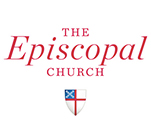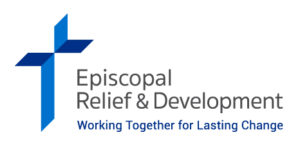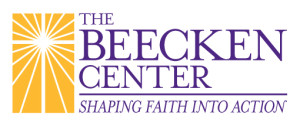
 Called to Transformation
Called to Transformation
An Asset-Based Approach to Engaging Church and Community
is centered around the belief that individuals, groups, and communities have the gifts they need to address the needs they see around them. 1 Corinthians 12 tells us that each of us are given different gifts to serve the community and we are all a part of the body of Christ working together. Learn more…


